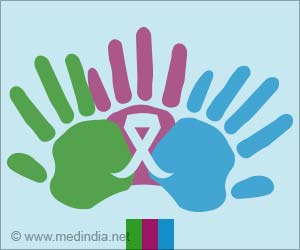Omega-3 fatty acids that are needed for a healthy heart may be linked to the danger of aggressive prostate cancer, while ironically heart-damaging trans-fatty acids actually lower the risk.

Researchers also discovered that omega-6 fatty acids found in vegetable oils which promote inflammation had no connection with the risk of prostate cancer.
Theodore M. Brasky, a postdoctoral research fellow in Hutchinson's Cancer Prevention Program, said, "We were stunned to see these results, and we spent a lot of time making sure the analyses were correct.” The study brought out the importance to look again at the connection between nutrition and the risk of various diseases, he stated.
Although the findings did not follow expectations, Brasky does not suggest that men, concerned about the health of their heart, should stop including fish in their diet fearing the risk of prostate cancer. Dr. Elizabeth Kavaler, a urology specialist at Lenox Hill Hospital in New York City, recommends a balanced diet of fish, vegetables and fiber, not cutting out something, for the benefits could balance out the risks.
Brasky states, “What this study shows is the complexity of nutrition and its impact on disease risk, and that we should study such associations rigorously, rather than make assumptions."
Advertisement
Source-Medindia









![Prostate Specific Antigen [PSA] Prostate Specific Antigen [PSA]](https://www.medindia.net/images/common/patientinfo/120_100/prostate-specific-antigen.jpg)





